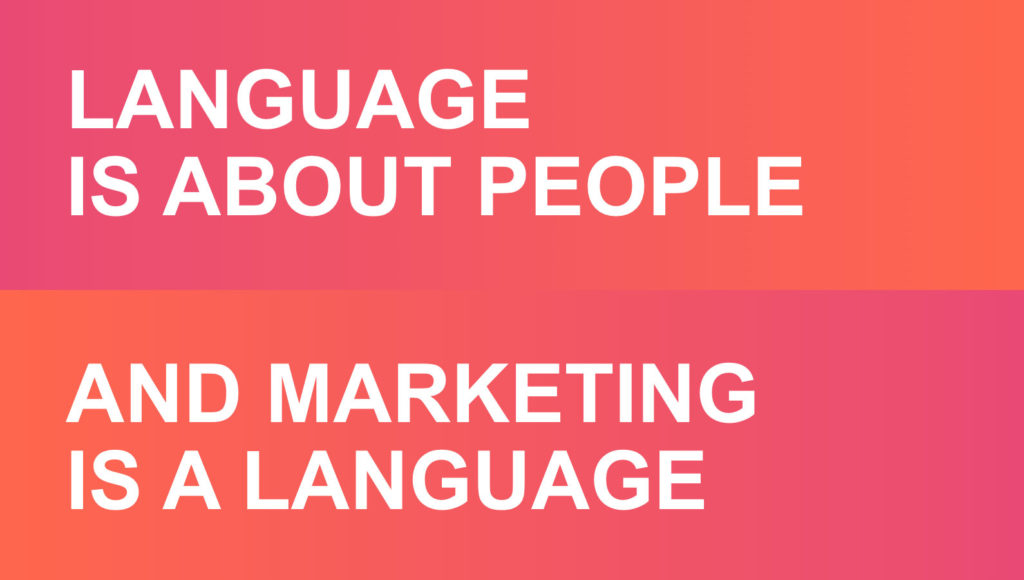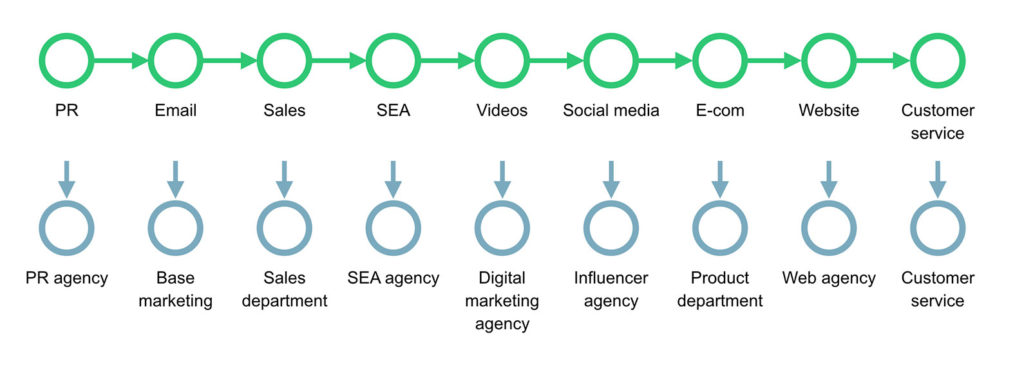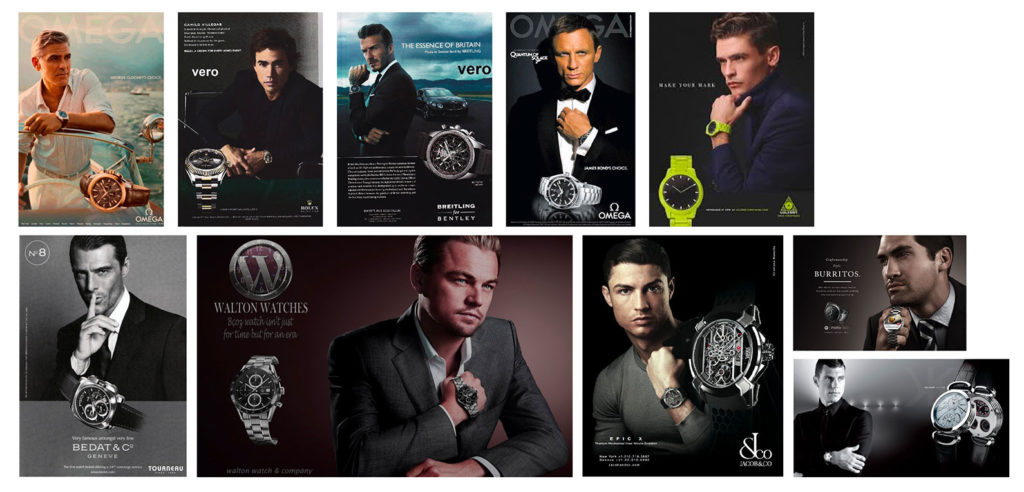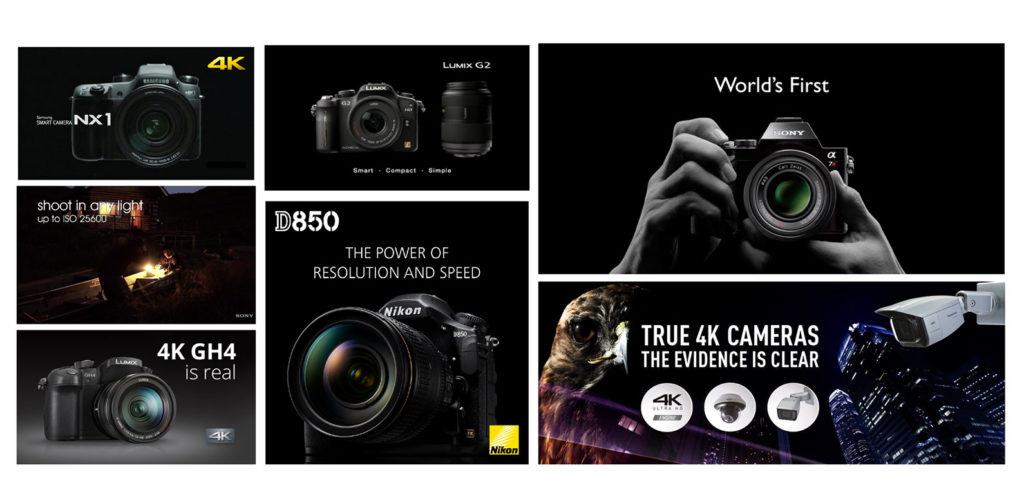
So today I gave this talk at the Inbound Marketing Forum in Shanghai — and I started off by saying I’m from this small town in the Netherlands and I don’t really understand many things in marketing.
Like, how I don’t understand why my Dutch telecom provider is so keen to interact with me on social media, showing me stupid quizzes and questions, like what I’ll do this weekend or who I want to call — but then when I have a question, that they will put me in a 10 minute telephone queue, or answer my email two days later.
And that I don’t understand that when my insurance company likes to let me know their news in a newsletter, that they send it from a no-reply address, so that I cannot let them know my news.
There’s a Dutch retailer (Blokker) that proudly boasts it has a programmatic real-time data driven brochure, whatever that means. But in the meantime they have to close dozens of stores and fire staff, because nobody likes their stores.
And then there’s Amsterdam Airport that has a nice reservation tool for the parking, for which you use your email to reserve a parking spot. But after parking I get a customer survey email, and of course I don’t fill that in, I’m not a psychopath. So they send me a reminder, and then another one. And they send me a birthday greetings, and by then I already think they’re so stupid I’ll just refuse to park there anymore. I don’t want all this spam from a parking lot.

We marketeers — we often build customer journeys around technology, not around how people behave or what they want. We do what suits us, not what suits our customers. And then we further fragment it by hiring different agencies who all have different expertises and KPI’s. The result is horrible. We try to get people to talk to us on one channel but queue them on the other. Having a stack of business cards doesn’t tell anything about the actual relationship you have with those people, but we treat data that way. But just because the data shows something, it doesn’t means the response is positive. I will open your email to click unsubscribe, I’ll click your pop-up to remove it — and I’ll install an adblocker, like 800 million devices have now. We have tons and tons of data, but very little empathy.
So I work for GoEast — a language school in Shanghai — I prefer to see marketing as a language too. Because even if it’s not literally a dialogue, you are communicating to someone’s mind, tapping into what they already know, feel or do. Not the other way around! When marketing becomes a monologue it looks like spam.

Or monologues are like this, your typical watch ad. If marketing is about building memory structures, then this is surely ineffective. And every industry has its cliches. Extreme sports. SRL camera’s. And the smartphone camera beauty.



If we’re all so smart and not stupid, how does that happen? Here are four brands that use exactly the same wording, because somewhere in a trend report, the marketeer saw that consumers factor in the camera when buying a smartphone. But that is still not a dialogue. Nobody will believe this. Only Apple made it a dialogue. People could send in their photos. They didn’t tell you what to think, they showed.

All energy companies in Europe talk about sustainability but nobody believes them, because they’re all acted and the scripts too perfect, too slick. Particularly the last guy gives me the creeps.
https://www.youtube.com/watch?v=y6nbUyBiDGg
(VPN needed.)
When we developed our campaign — my first job, at Vandebron — we used the people who produced the energy. You can see their little mistakes, looking into the camera or a small stutter. But it’s part of the charm.
(VPN needed.)
This is how we at KesselsKramer launched a hotel in the Bowery, New York. A tight neighborhood that does not like multinationals, but by interacting the neighborhood we did get them to appreciate the hotel.
(VPN needed.)
It’s inbound marketing
To me, the best experience and results come from using real people without scripts — and thinking about what people want to hear. It’s not perfect but it’s real and people feel it, believe it. I feel this is especially true for inbound marketing, that aims to bring people closer to our brands.
Some other practical examples.
- Review your website just by having a person in front of it. Let him or her tell what he thinks about, what questions pop up. What’s annoying? You’ll learn so much things data can’t tell you.
- Send your newsletters by the name of the writer, and the open rates and replies will increase massively.
- Same for platforms. InterNations, a platform for expats, only messages me in form of persons, not as a company.
- Blogposts are way better when they have personal opinions/stories in them. Please stop writing ‘Top 10 tips for X’ and that formative crap.
- And customer service is much better when it’s personal. I got this example from an insurance company. When anyone called for a car insurance, the staff would ask a bit more, like: “Congrats on the new car! Which color is it?” and they’d have a small chat. Customer satisfaction increased massively.
- Spokespeople are great for branding. Elon Musk, Richard Branson come to mind, but also for small companies. You see this a lot in the gaming industry.
If you want more proof: People are so drawn to people that even buckets with eyes on them increase donation amounts in supermarket by 48%. Just by adding eyes.
So to the people at the event yesterday — and you reading this — I’d like you to inspire you to do do four things.
- Try to be less flawless, more human. Perfection is really boring, actors can be creepy too
- Know when to stop adding. Stop trying so hard. The challenge is to balance getting attention and servicing your customer. But don’t make me hate you.
- Center your customer journey around how people behave, not technology. Stop thinking just about what technology enables. Ask why you should do it.
- And lastly, treat marketing as a language. Ask yourself if you’d want a survey for parking at an airport. Or if you’d want to hear a personal story at a time it suits you.
